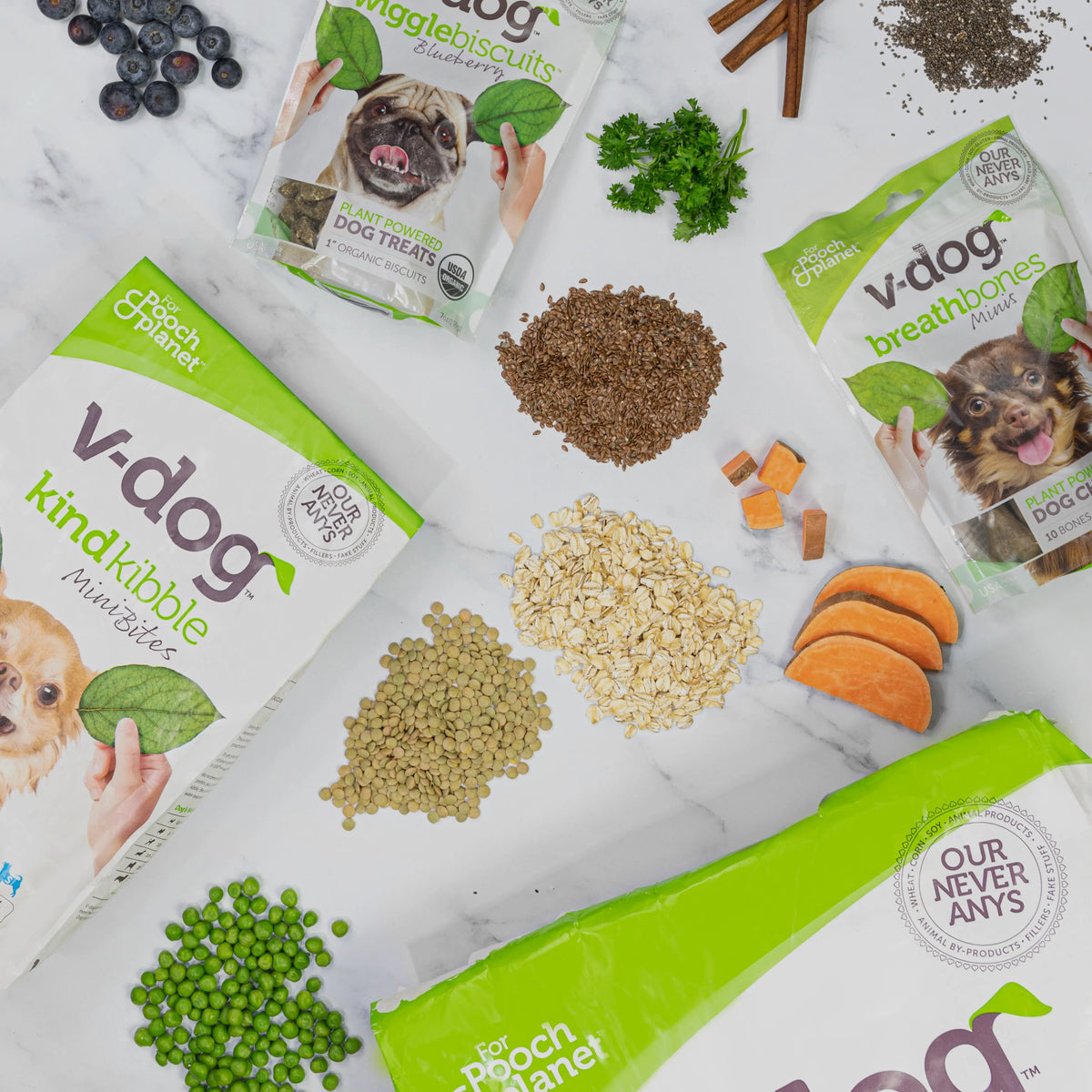- Joined
- Feb 23, 2017
- Messages
- 6,326
Below is a 3/15/18 article about a new (in 2018) novel protein source vegan diet. That could be appropriate for some hypersensitive (to other protein sources) pets.

 news.nationalgeographic.com
news.nationalgeographic.com
I just read this article today (3/16/18) so don't have many details about it yet. As I learn more, I'll let everyone know.
Dr. Jeff

National Geographic
Explore National Geographic. A world leader in geography, cartography and exploration.
I just read this article today (3/16/18) so don't have many details about it yet. As I learn more, I'll let everyone know.
Dr. Jeff

